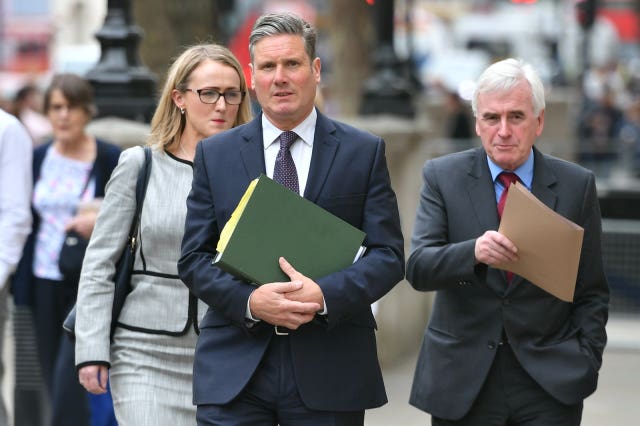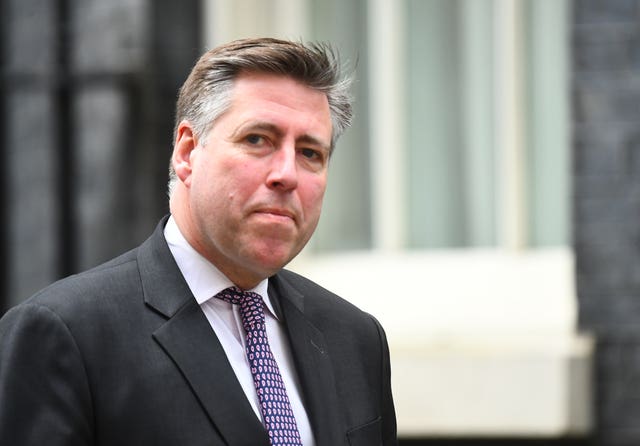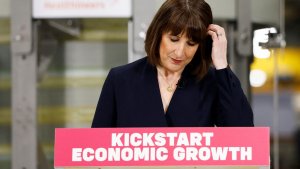Brexit: What Happens Next?
The Cabinet has been meeting to review progress in the cross-party talks with Labour.

The Cabinet has met in a marathon session to review progress in the cross-party talks with Labour aimed at securing a Commons majority for a Brexit deal.
– What did they decide?
Despite the apparent lack of progress, ministers agreed that the talks – which originally began in April – should continue, at least for now.
At the same time, they said it was “imperative” that they were able to table a Withdrawal Agreement Bill – to ratify Theresa May’s deal with Brussels – in time to complete its passage through Parliament by the time MPs break for the summer recess, expected to be towards the end of July.

That could enable Britain to leave the EU on August 1 – too late to prevent the new batch of MEPs due to be elected on May 23 from taking their seats in the European Parliament, although it would at least ensure the current uncertainty does not carry on over the summer and into the autumn.
– How do they plan to do that?
Downing Street said the discussions with Labour would examine “what was possible” to achieve.
However, the Prime Minister has been warned that if she moves towards Labour on a customs union – Jeremy Corbyn’s key demand – she risks losing the support of Tory MPs who voted for the deal the last time it came before the Commons in March when it was defeated by 58 votes.
If they cannot make the parliamentary arithmetic add up, Mrs May has said she would move to her Plan B, to give MPs a say through a series of indicative votes on the various alternatives to establish which, if any, could command a majority in the Houses.
– Will that work?
It’s hard to tell. In the meantime Mrs May is coming under growing pressure from Tory MPs, impatient with her failure to resolve the Brexit deadlock, blamed by many for the heavy losses the party suffered in the English council elections and amid fears they are heading for another mauling in the European elections.

The Prime Minister has already said she will step down once the current phase of the Brexit negotiations is over and Britain has left the EU.
However, she is likely to come under renewed pressure to set out a clear timetable for her departure when she meets the executive of the backbench Tory 1922 Committee, expected to take place on Thursday.
Meanwhile, Mr Corbyn is under growing pressure from Labour MPs who warn they will not back a deal unless it is put to a public vote in a second referendum – something which he has been reluctant to support.
– And if they still cannot get an agreement?
The EU has given the Government until October 31 – Halloween – to get a deal through Parliament.
If it is unable to do so, Mrs May – or whoever is prime minister at that point – will have to decide whether to seek a further extension to the Article 50 withdrawal process, which had originally been due to conclude on March 29.
Otherwise Britain will leave on November 1 without an agreement, a prospect many Brexiteers would happily embrace but which many businesses dread.
Gavin Cordon is Press Association Whitehall Editor.
Thanks for signing up to Minutehack alerts.
Brilliant editorials heading your way soon.
Okay, Thanks!

